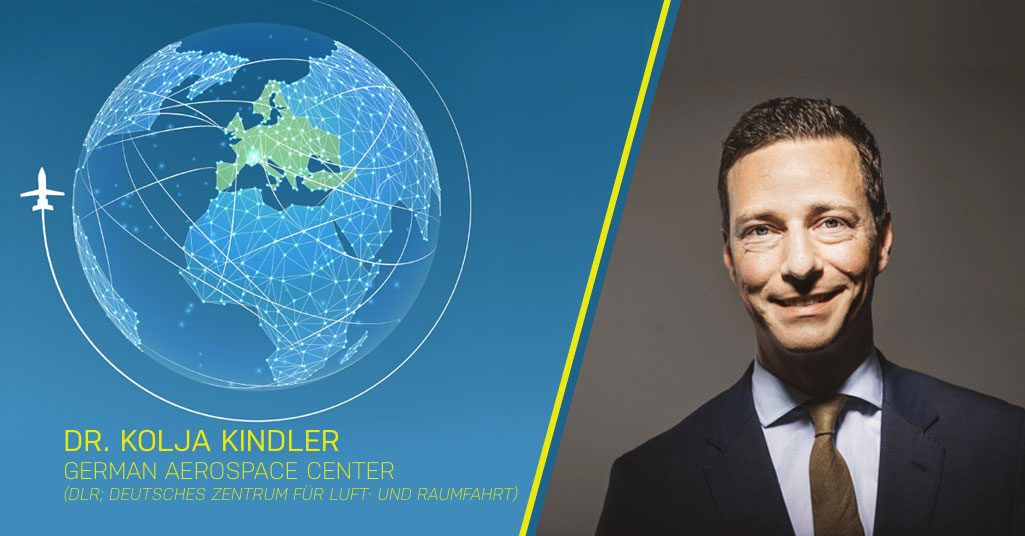Meet EBACE2019 Panelist Dr. Kolja Kindler, DLR

7 May 2019
Dr. Kolja Kindler, head of Aeronautics Program Strategy for the German Aerospace Center (DLR; Deutsches Zentrum für Luft- und Raumfahrt), will take part in a panel discussion on Tuesday 21 May about electronic propulsion and business aviation.
As the industry prepares for electrification, it needs to position itself to take full advantage of the opportunities that cleaner air travel will bring to the industry. This session will discuss the barriers and potential technological and regulatory changes that business aviation will need to consider in order to benefit from these new advancements.
In addition to Kindler, panelist include Michael Singer from the European Aviation Safety Agency and Kyle Martin, director, European Regulatory Affairs, for the General Aviation Manufacturers Association. It will be moderated by Robert Thompson from Roland Berger.
Below is a Q&A with Kindler to learn more about him and what he will discuss during his panel, which takes place from 15:30016:30 in the Innovation Zone.
![]()
Q. Dr. Kindler, could you briefly introduce yourself?
I am the head of Aeronautics Program Strategy for the German Aerospace Center (DLR; Deutsches Zentrum für Luft- und Raumfahrt), which is Europe’s largest aeronautics research entity. In that role I am involved in developing new or emerging research topics such as electric flight. I have a background in physics and biogeochemistry, which has led to a particular interest in technology impact assessments and challenges related to greening the aviation sector.
![]()
Q. You’ve been asked to participate in an EBACE session focused on electric aircraft propulsion in the business aviation industry. What is your organisation’s involvement in this area?
Our work in electric aircraft propulsion is quite widespread. We’re active in many different parts of this topic, including research on hybrid-electric propulsion, power systems, new aircraft configurations, etc. In 2016, for example, DLR was among a consortium that flew the HY4, the world’s first four-seater passenger aircraft powered solely by a hydrogen fuel cell and electric propulsion.
The pace of electric aircraft research and development has picked up in recent years, with companies like Airbus and Boeing now entering this space along with quite a number of start-ups. DLR offers them our systematic competence as a research center that is very familiar with electrically-powered flight.
Electric flight is not only a gateway to new designs beyond classic aircraft configurations and operations; it also has consequences for aviation infrastructure, including airports. How will those facilities change when they’re no longer fueling aircraft with kerosene, but rather hydrogen?
![]()
Q. What do you hope to accomplish by giving this talk/participating in this panel?
I view my role on the panel as a bit of an outsider, as my focus is not specifically on the business aviation aspect per se, but rather on what this technology may deliver across many industries in the future. I expect to learn from the panel and the audience what may drive applications for electric flight in business aviation.
It seems the fastest-growing segment within the current business aviation community involves ultra-long-range aircraft, which is a part of the industry that won’t be electric very soon. We will see electric propulsion in urban environments for on-demand aerial transport, and that role may become part of the business aviation industry in part due to initial costs.
![]()
Q. How do you think the business aviation community has evolved in the last 12 months? Any particular challenges you want to highlight?
In addition to ultra-long-range aircraft, supersonic transport is another area that has been gaining interest within business aviation. Obviously, there is a value of speed, but it seems to be contradicting the common determination to greening the industry. I consider EBACE an opportunity to learn more about how the industry perceives the benefits of supersonic transport against its significant environmental expense.
Ground infrastructure in Europe may limit flexibility for business aviation and its users. That’s another area in which I feel electric flight may offer benefits, as it mitigates several current limitations such as airport size, curfews and noise restrictions. That is a dialogue we need to undertake.
![]()
Q. Take our three-word challenge: pick three words to describe the future business aviation industry.
Efficiency, both in offering 24/7 travel flexibility and also regarding low-to-no emissions; connectivity, which is the heart of business aviation and also encompasses the expanding use of technologies such as inflight high-speed internet; and comfort, which is a common theme throughout this and other modes of travel.
![]()

